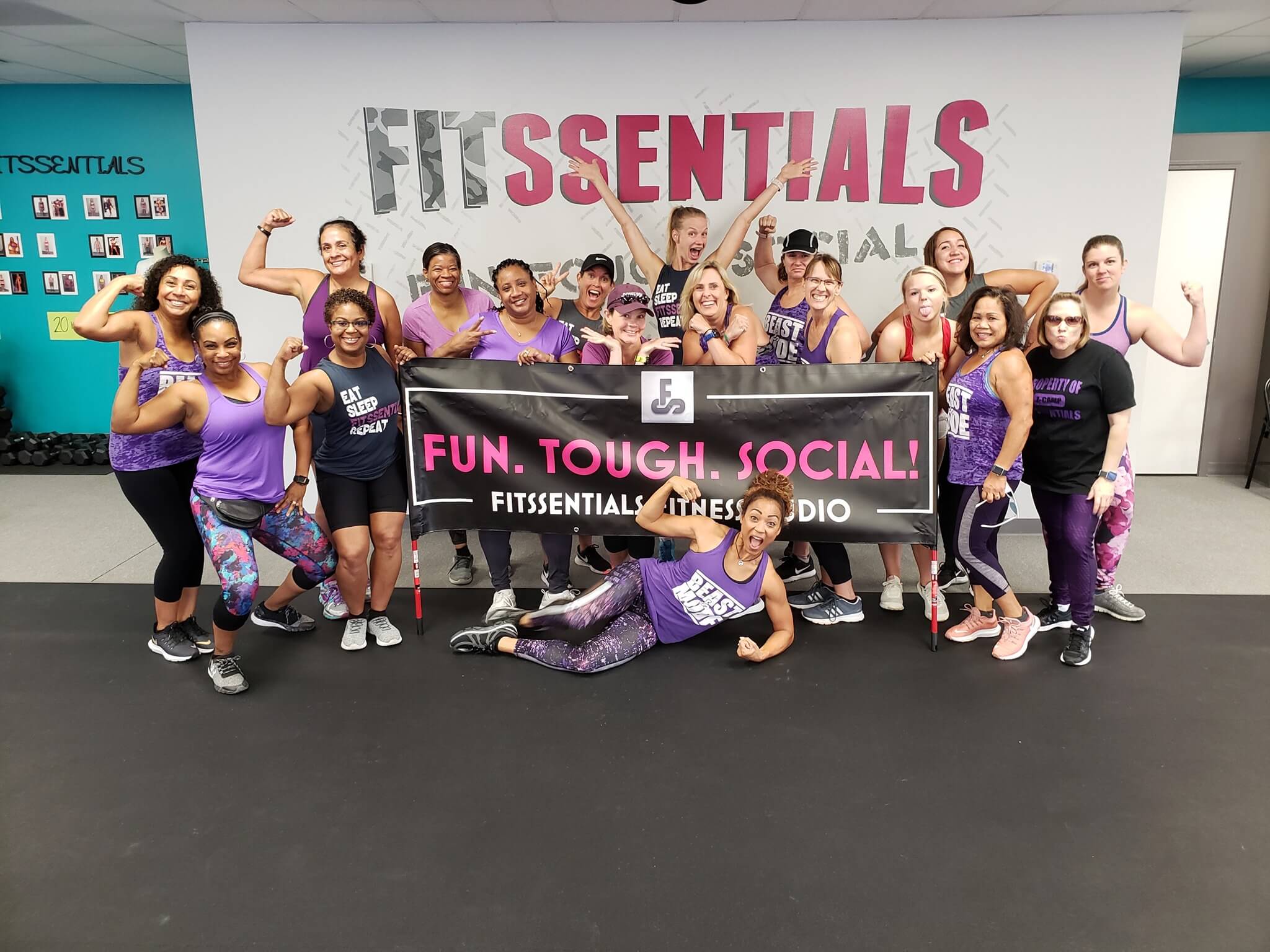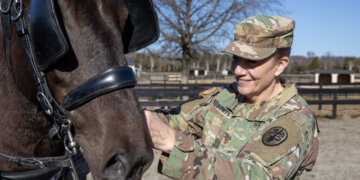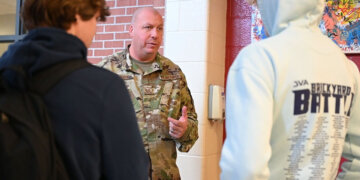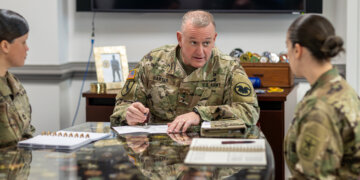On June 4, 2012, Naviere Walkewicz opened the doors to her fitness studio in Nebraska for the first time, unsure of what waited on the other side.
Ever since she attended her first Jazzercise class in the seventh grade, Walkewicz, 43, wanted to work in group fitness. Fitssentials was her big chance, but would her hard work actually bring in customers?
“Whenever you put yourself out there in that vulnerable state, you just hope, ‘Will people come?’’’ Walkewicz said. “When people started coming, it just reinforced what I thought was important.’’
Walkewicz, a lieutenant colonel who has been a reservist since graduating from the Air Force Academy in 1999, credited a large part of her company’s success to her military training.
So did Jerry Flanagan.
Flanagan, a specialist while serving in the Army from 1987-89 and the National Guard from 1991-93, started JDog Brands in 2011. The junk removal company launched with one location near Philadelphia, added a carpet cleaning service and went national in 2014. JDog Brands now has 235 veteran-owned franchises and employs more than a thousand vets, Flanagan said.
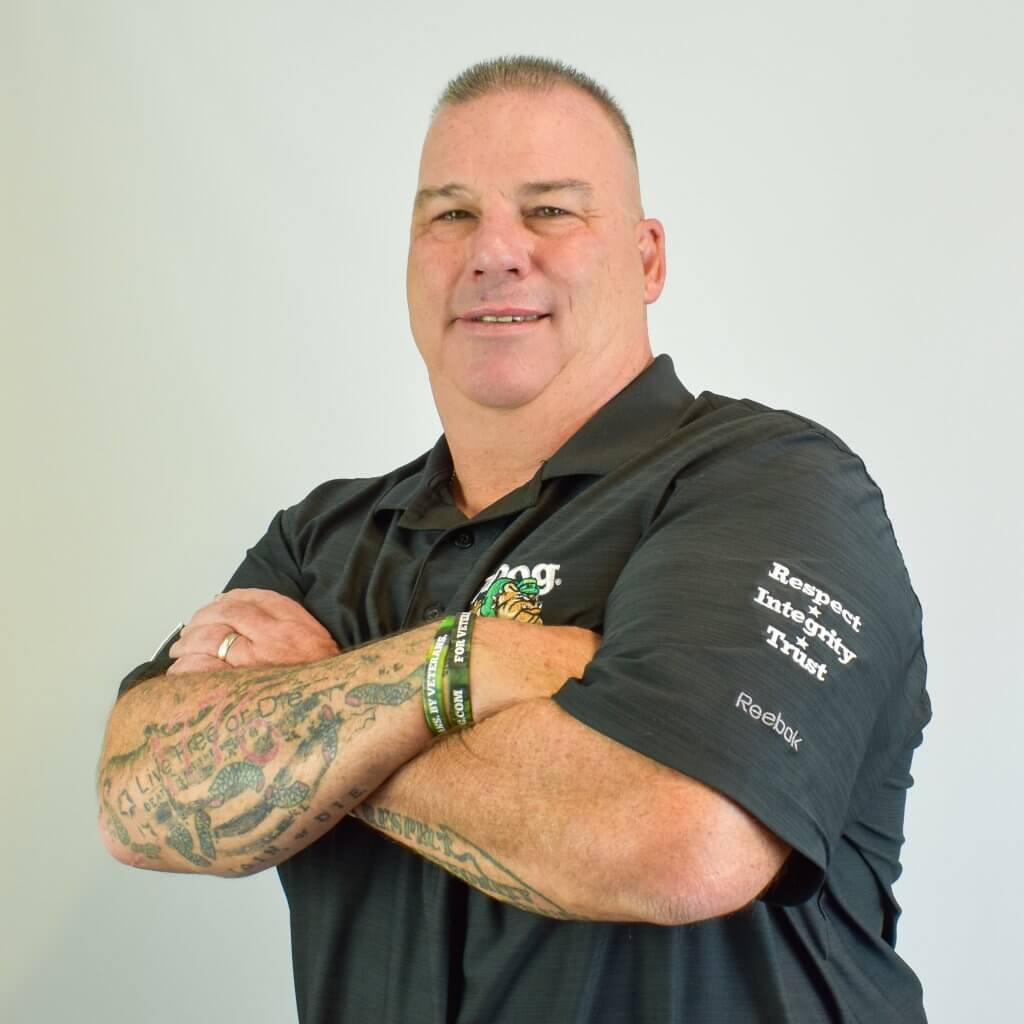
“You need to be willing to give up just about everything,’’ said Flanagan, 53. “Being an entrepreneur is a seven-day-a-week job. You need to be the first person to answer the phone in the morning, and the phone doesn’t get shut off until you close your eyes at night to go to bed.’’
A self-described lazy student who did not apply himself in school, Flanagan said the Army made him driven, punctual, and accountable. As he laid wire in the military, he adjusted to functioning without much sleep.
“When I went to the civilian world to work, I was always there an hour before my shift,’’ Flanagan said. “I was always the first one in. I was always the last one to leave. I volunteered for every crappy shift there was, looking to improve myself.’’
While Walkewicz always had an entrepreneurial spirit, Flanagan did not. Neither did Anne Madden, whose husband is a lieutenant colonel in the Idaho National Guard. Bryan Madden is also the director of the Mission43 initiative, which supports military families in the state through educational and other opportunities.
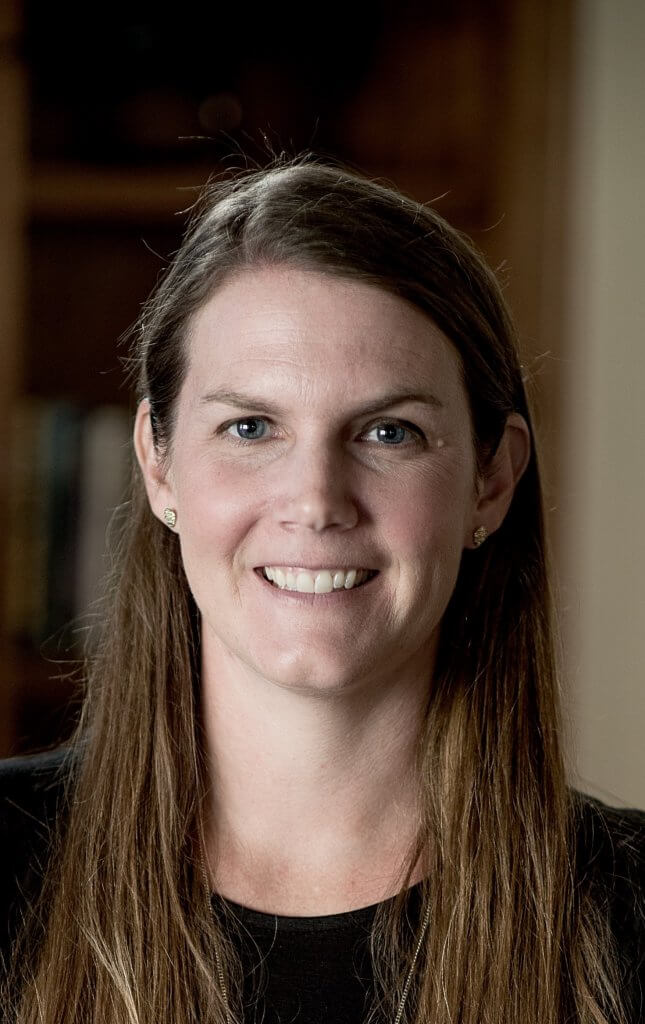
Anne Madden, a mother of three young children, registered for an entrepreneurial program through Mission43. In 2017, she started Proximity Schools, which provides physical and speech therapy through telehealth to four rural charter schools in Idaho.
“It took me a while to consider myself a businessperson, because I’ve always been someone who has been working directly with patients,’’ said Madden, a 40-year-old physical therapist. “It wasn’t really until this year that I got to that pinch-myself point where, ‘We’re serving 150 students a week. I have five employees. This is really a business.’’’
Sometimes the path to a successful business is no golden brick road. Flanagan and his wife, Tracy, owned a retail company that went bankrupt after the economy tanked in 2008.
Seeking his next move, Flanagan typed “recession-proof businesses’’ into Google. The search produced four responses, and Flanagan chose the only one — junk removal — for which he was qualified. He owned a Jeep, acquired a landscape trailer, and got his hands dirty.
“The level that my wife and I work [at] the company hasn’t changed,’’ Flanagan said. “Since Day 1, we’ve been hands-on, working it nonstop. We still do to this day, where I’m the CEO and she’s the senior vice president. As co-owners, we realize once in a while and we’ll go, ‘You know, we’re one of the largest junk removal franchises in the world.’’’
The COVID-19 pandemic has affected their businesses, but Walkewicz, Flanagan, and Madden have seen potential for growth as well.
Walkewicz recently started Naviere Life, a virtual community where she posts workouts and various challenges.
During the pandemic’s early days, Flanagan’s JDog Brands launched a no-contact program where customers put items in their driveway and paid by phone. He said sales suffered last spring but have rebounded. Flanagan’s business has signed more than 80 franchise agreements in 2020, the most ever and about double for a normal year, he said.
“The margins are very, very good in both companies [junk removal and carpet cleaning],’’ Flanagan said. “We’re getting a lot of people who either lost their jobs, or they could tell they’re on the chopping block because of cutbacks. They’re taking their savings or 401ks or they’re getting small business loans, and they’re buying our franchises.’’
Madden’s Proximity Schools adjusted better to changes caused by the pandemic because of its reliance on telehealth.
“We typically see a student at their school, so a teacher would bring the student to their computer and they would connect for their session,’’ Madden said. “Now for a bunch of our schools, their parent would bring them to the computer. That created a new service that we had to do.
“We’re talking to parents [and] other people more, and it has increased our business, because everyone is trying to figure out how to do things in a virtual world. That was something we already knew how to do well.’’

Walkewicz, the 2019 Miss Veteran America, knows about fitness.
She transformed herself from an overweight adolescent into a young woman who began an aerobics program at Air Force in the late 1990s. Now, like Flanagan and Madden, she is a business owner focused on the road ahead.
“You think you’re doing the right thing, and you put all this money into it. Is it really going to pay out?’’ Walkewicz said. “It was pleasant to know that when you listen to what people want, there’s a need and you meet that need, you can do incredible things.’’
Read comments


